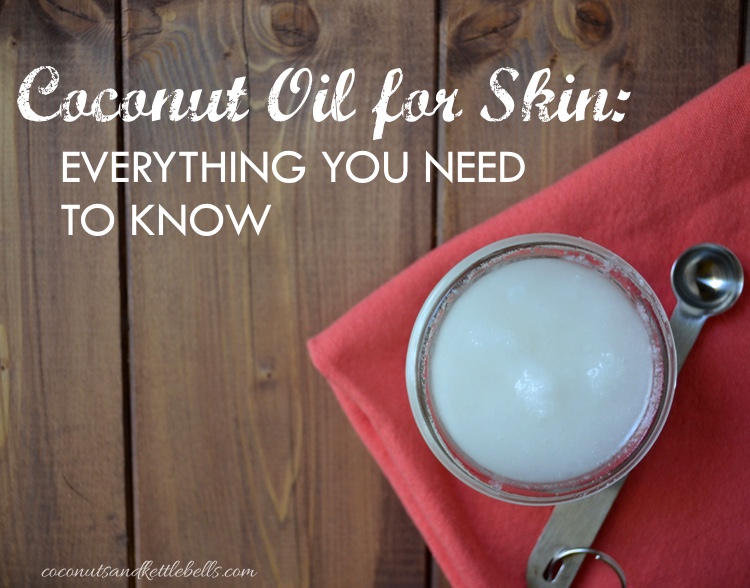- Agero, A. L., & Verallo-Rowell, V. (2008). P15
A randomized double-blind controlled trial comparing extra-virgin coconut oil with mineral oil as a moisturizer for mild to moderate xerosis. Contact Dermatitis,50(3), 183-183. doi:10.1111/j.0105-1873.2004.00309ew.x
- Lin, T., Zhong, L., & Santiago, J. (2017). Anti-Inflammatory and Skin Barrier Repair Effects of Topical Application of Some Plant Oils. International Journal of Molecular Sciences,19(1), 70. doi:10.3390/ijms19010070
- Varma, S. R., Sivaprakasam, T. O., Arumugam, I., Dilip, N., Raghuraman, M., Pavan, K., . . . Paramesh, R. (2019). In vitro anti-inflammatory and skin protective properties of Virgin coconut oil. Journal of Traditional and Complementary Medicine,9(1), 5-14. doi:10.1016/j.jtcme.2017.06.012
- Yang, D., Pornpattananangkul, D., Nakatsuji, T., Chan, M., Carson, D., Huang, C., & Zhang, L. (2009). The antimicrobial activity of liposomal lauric acids against Propionibacterium acnes. Biomaterials,30(30), 6035-6040.







 Buy now
Buy now
















[0]